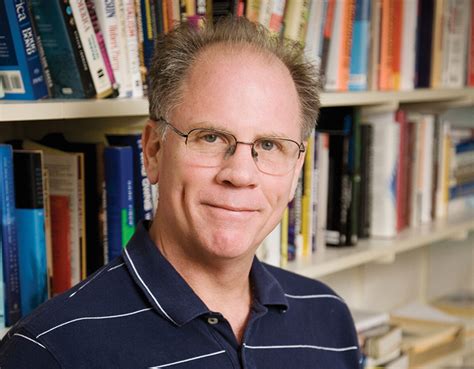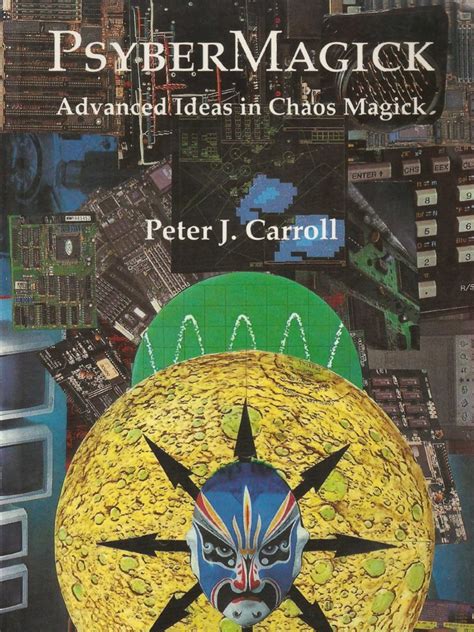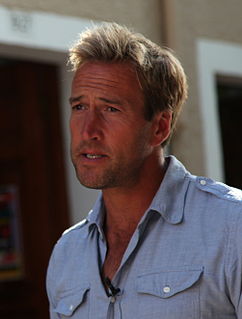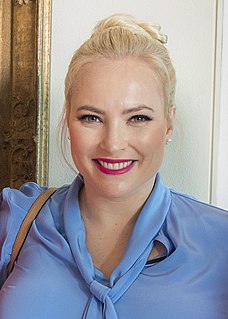A Quote by Leo Varadkar
If I was to describe myself in terms of a political philosophy, I'd cast myself as a social and economic liberal, which is typically what people describe as being left-of-centre on social issues and right-of-centre on economic issues.
Related Quotes
In my estimation, there should always be a mixture of economic liberalism - which means small government, a great emphasis on markets - but also a certain degree of social conservatism, not to favor change unless that change is beneficial. So I describe myself as an economic liberal and a social conservative.
The nature of the state is one thing, but there are other major challenges - what it will take to tackle the issues of social corruption, for example, social justice, and the economic system - and what are the future challenges when it comes to equality between the citizens, in particular in the field of the job market and equal opportunity for men and for women? This is at the centre of the question that is the Arab Awakening.
The right-of-centre parties still often compete with left-of-centre ones to proclaim their attachment to all the main programmes of spending, particularly spending on social services of one kind or another. But this foolish as well as muddled. It is foolish because left-of-centre parties will always be able to outbid right-of-centre ones in this auction - after all, that is why they are on the left in the first place. The muddle arises because once we concede that public spending and taxation are than a necessary evil we have lost sight of the core values of freedom.
What I would like to build is a new centre, a wider, broader centre, which would encompass a lot of different philosophies - you know, the philosophy that I'm putting forward that is a market liberal philosophy and a socially liberal philosophy but would have room in it for a broader church than that.

































